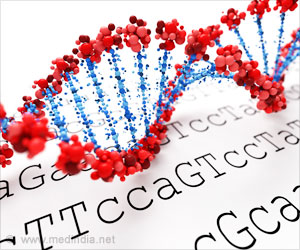A recent study showcased the use of gene therapy to treat severe combined immune deficiency or SCID caused by mutations in the gene IL2RG.

TOP INSIGHT
Gene therapy, a therapeutic approach that corrects specific genetic defects, is emerging as a viable treatment option for some immunodeficiency diseases.
The young boy's sister suffered from similar problems, and their collective symptoms were consistent with an immune dysregulation syndrome. Patients suffering from these syndromes have poorly functioning immune systems which can result in serious, recurrent, or unusual infections, as well as autoimmune/inflammatory complications affecting the gastrointestinal tract, skin, lungs, and circulating blood cells. This defective (or dysregulated) immune system may also lead to increased risk for cancer.
The researchers found that the siblings had the first known human defect in a gene called IL2RB (encoding interleukin-2 receptor beta, IL-2R?), resulting in decreased numbers of immune cells called regulatory T cells which prevent autoimmunity. At the same time, the children had an accumulation of 'natural killer' cells which, if functioning normally, help protect against viral infections and cancer.
"But the mutation meant the natural killer cells were incapable of maturing properly and could not clear CMV, resulting in a persistent and debilitating infection," said study co-author Elena Hsieh, MD, assistant professor of pediatrics and microbiology, immunology at the CU School of Medicine and CHCO.
"We tracked this disease down to a single gene and that is a fairly rare event," Hsieh said. "Prior to our findings, there had been no documented cases of a mutation in this particular gene leading to human disease."
"Although clearly a rare disease, it has likely been missed in other children," he said. "Now that it is out there, we know to look for it."
"The discovery also means that the defect could be addressed through gene therapy," Kedl said. "We could feasibly go in, manipulate the gene, and get it back in the right sequence."
Recent advancements in identifying genetic causes of immunodeficiency diseases have led to innovative treatments.
"Identifying the underlying genetic causes of immunodeficiency diseases and other disorders can reveal targets for promising personalized treatment strategies like gene therapy," Dutmer and Hsieh said. "That would allow for therapeutic interventions that are uniquely tailored to meet the needs of the individual."
Kedl noted that this discovery illustrates the 'bench-to-bedside' research capacities on the CU Anschutz Medical Campus and in its graduate training programs.
Source-Eurekalert
 MEDINDIA
MEDINDIA




 Email
Email




